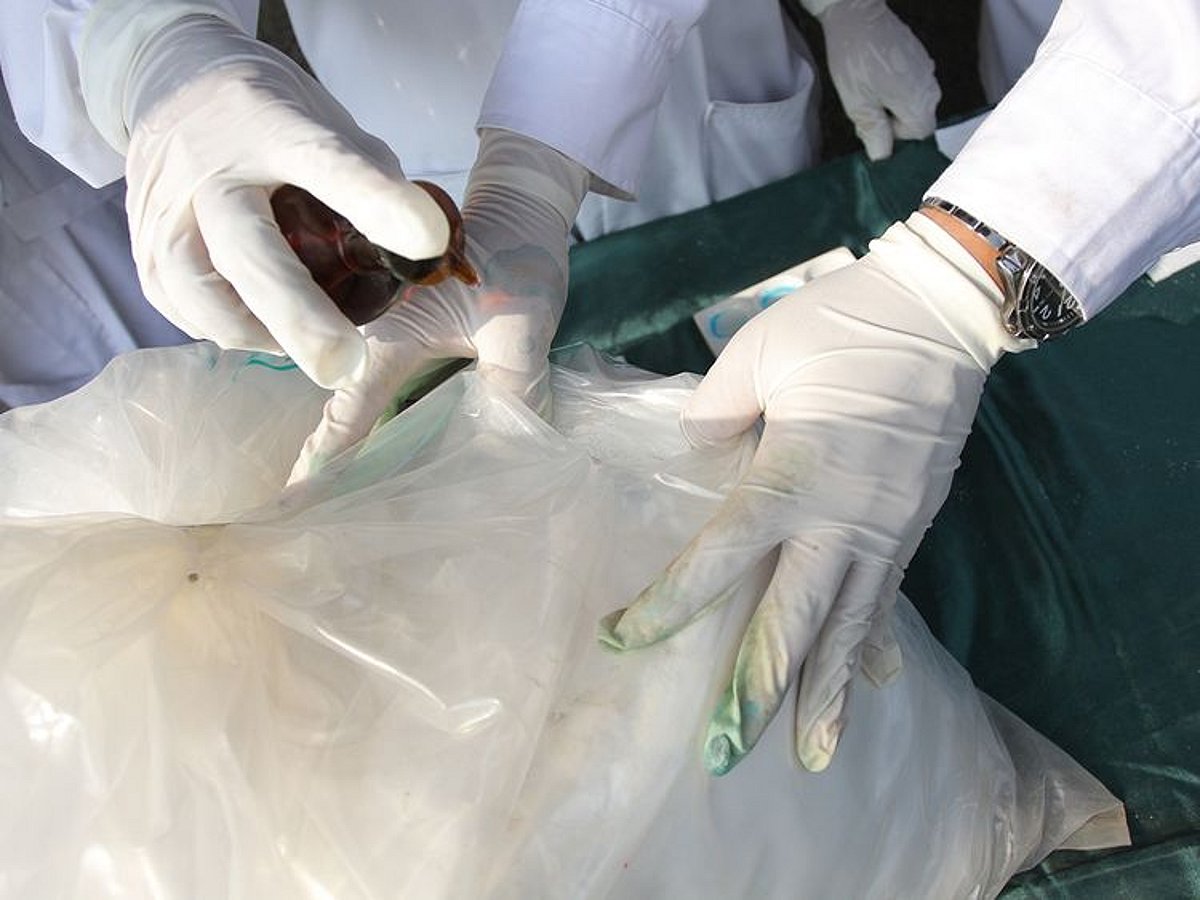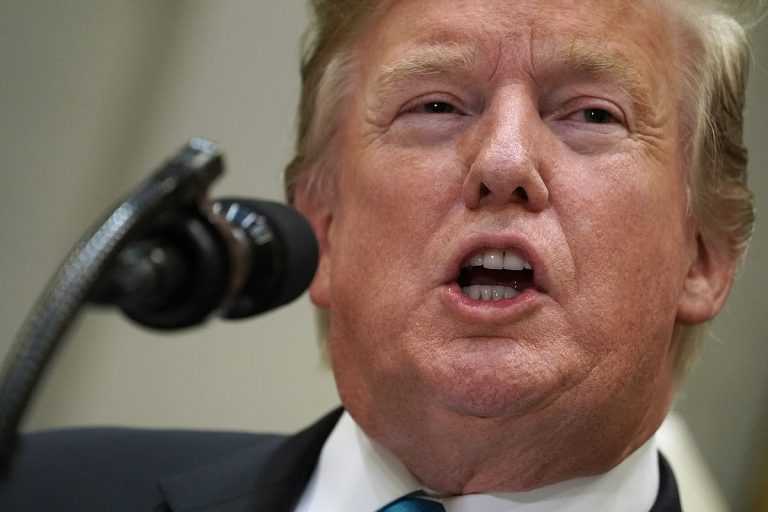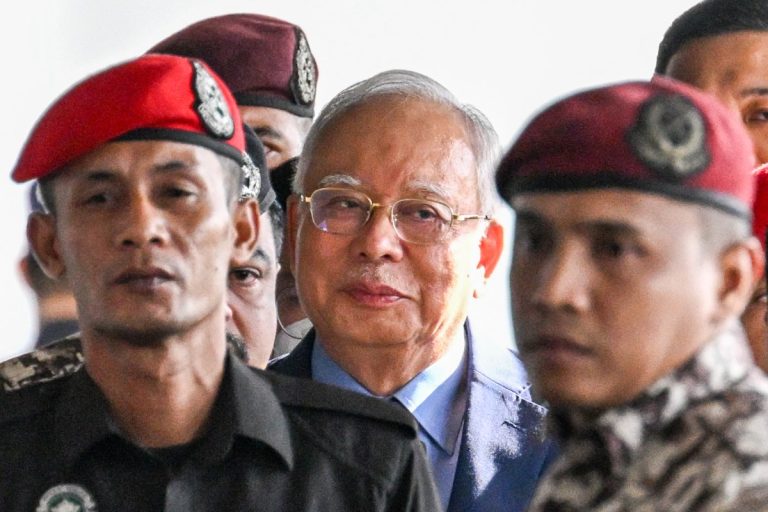Kuwait Enacts Tougher Anti-Drug Law with Random Testing
Kuwait has recently taken significant steps to combat drug-related issues with the approval of a new anti-narcotics law. This legislation introduces random drug testing for various groups, including employees, drivers, marriage applicants, and athletes. It also enforces severe penalties for drug offenses, including the possibility of the death penalty for the most serious crimes.
Overview of the New Law
The new anti-drug law, approved by Kuwait’s Cabinet and set to be endorsed by Emir Sheikh Mishal Al Ahmad Al Jaber Al Sabah, consolidates two previous laws into a more comprehensive framework. This legislation aims to close loopholes that have previously allowed drug offenders to evade justice.
The law establishes harsher penalties for drug trafficking and related crimes, including life imprisonment or execution for major offenders. Fines can reach up to two million dinars, reflecting the government’s commitment to a stringent approach against drug-related activities.
Key Provisions
The law introduces several notable provisions aimed at both prevention and punishment:
– **Random Drug Testing**: Mandatory drug tests will be conducted for military and civilian employees, as well as for individuals applying for driver’s licenses and marriage. This measure is intended to ensure that those in positions of responsibility remain drug-free.
– **Severe Penalties**: The law prescribes the death penalty for specific offenses, such as supplying drugs to minors or using an official position to facilitate drug trafficking. Additionally, athletes found using performance-enhancing drugs face up to ten years in prison.
– **Addiction Treatment**: Individuals identified as drug addicts will be subject to compulsory hospitalization under police supervision until they recover. This approach aims to address addiction as a health issue rather than solely a criminal one.
Recent Drug Seizures and Operations
Kuwait’s authorities have been actively combating drug trafficking, as evidenced by several recent operations:
– **Captagon Seizure**: Authorities arrested two individuals and seized 500,000 Captagon pills and 100,000 Lyrica capsules, highlighting ongoing smuggling efforts in the region.
– **Dismantling Drug Networks**: A significant drug trafficking network operating from within a Kuwaiti prison was dismantled, resulting in the seizure of over 800,000 Lyrica capsules and multiple arrests.
– **Methanol Poisoning Incident**: Police apprehended 65 individuals linked to a gang producing toxic methanol, which had resulted in fatalities among workers.
– **Maritime Drug Interception**: A joint operation between Kuwait and the UAE led to the seizure of 110 kilograms of narcotics, including crystal meth and heroin, during a sea-based smuggling attempt.
Implications for Society
Officials describe this law as a “comprehensive war on drugs,” aiming to unify legal terminology and standardize enforcement practices. The intention is to strengthen prevention, treatment, and deterrence measures within a single legal framework, thereby enhancing societal protection against narcotics.
FAQs
What groups are subject to random drug testing under the new law?
Random drug testing will be required for military and civilian employees, drivers applying for licenses, marriage applicants, and athletes.
What are the penalties for drug trafficking under the new legislation?
The law imposes severe penalties, including life imprisonment or the death penalty for serious offenses, along with fines that can reach up to two million dinars.
How does the law address addiction treatment?
The legislation mandates compulsory hospitalization for drug addicts under police supervision until they achieve recovery, emphasizing a health-focused approach to addiction.
Conclusion
Kuwait’s new anti-drug law represents a significant shift in the country’s approach to narcotics, combining strict enforcement with preventive measures. As the law is implemented, it aims to create a safer environment by addressing both drug trafficking and addiction comprehensively. The government’s commitment to tackling these issues reflects a broader strategy to protect public health and safety.
The introduction of this law comes amid growing concerns about drug abuse and trafficking in the region, which have prompted governments to take more decisive action. Kuwait’s geographical location, situated between major drug-producing countries, has made it a target for smuggling operations, necessitating a robust legal framework to combat these challenges effectively.
In addition to the legal measures, the government is expected to increase public awareness campaigns aimed at educating citizens about the dangers of drug use and the importance of rehabilitation. By fostering a culture of prevention and support, authorities hope to reduce the stigma associated with addiction and encourage individuals to seek help without fear of criminal repercussions.
Also Read:
UAE Launches New Framework to Boost Volunteerism
UAE Introduces New Sugar Tax for Beverages in 2026
Recovery Efforts for Boeing 747 Incident at Hong Kong Airpor







